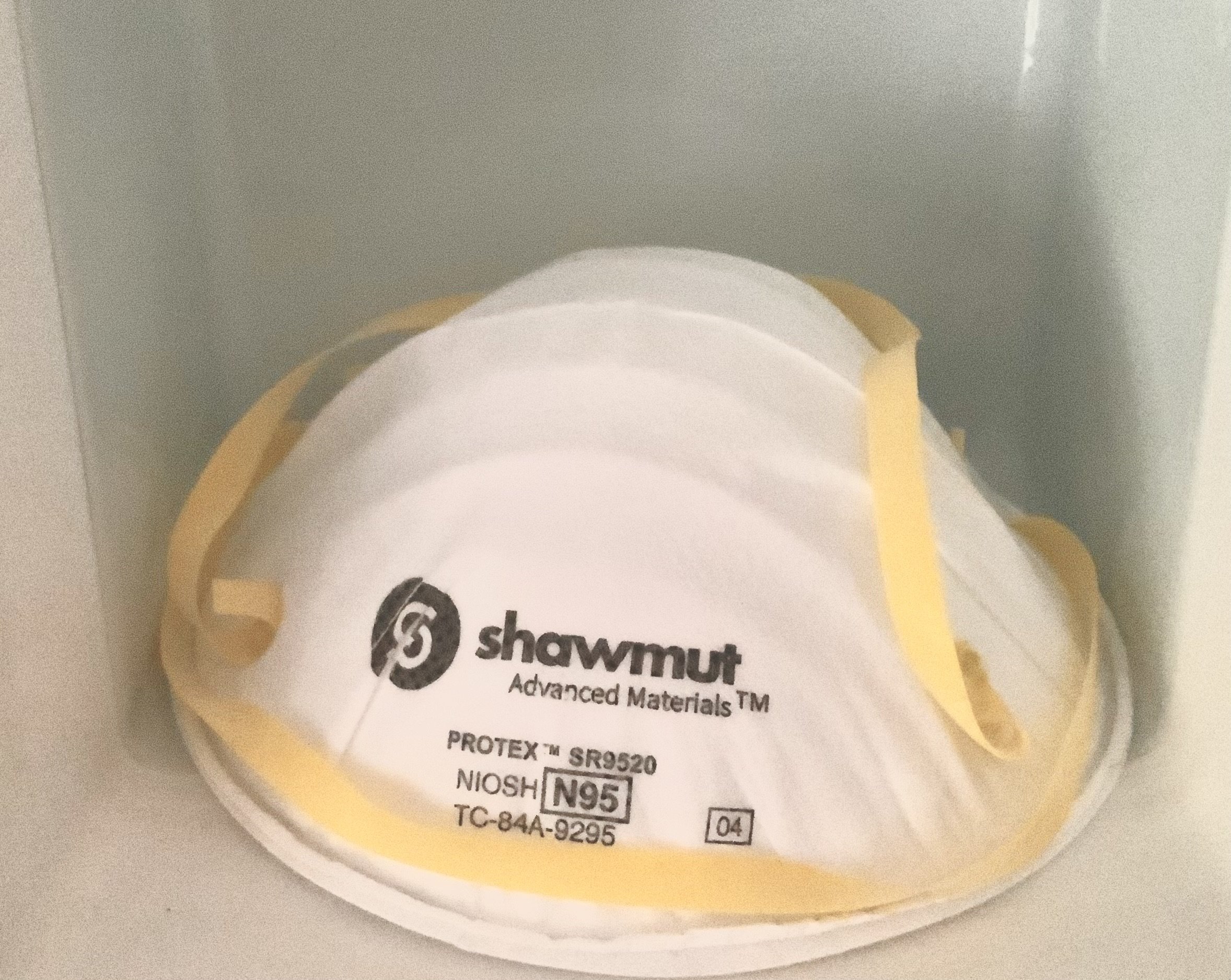Reusing and Decontaminating Masks.
In the earliest months of the coronavirus pandemic, reusing a mask was fairly simplistic, as cloth masks were widely accepted as effective and could take the place of disposable alternatives, such as surgical masks. However, with the growth of variants of the coronavirus, a growing array of research has indicated, and will likely continue to indicate, more effective surgical, KN95, and N95 masks are necessary in preventing infection in moderate to high risk circumstances. However, these more effective masks are not washable, and in the instance of surgical masks, have finite lifespans. Despite this, there are certain acknowledged methods in cleaning masks, particularly N95 style masks for reuse multiple times.
When reusing N95 and KN95 masks, several basic guidelines are recommended related to both duration before reuse and sanitation. Due to the presence of moisture sensitive materials such as technical, static charged fabrics, using any cleaner and or liquids is not advisable, nor is storing the mask in a humid or wet environment. Airflow is instead recommended as the means to clean masks, specifically leaving the masks in a dry room for several days, ideally three or more between uses, ensuring the coronavirus and any droplets are no longer present in large enough quantities to substantially reduce the mask’s effectiveness. In the event that few KN95, N95, or similar masks are available, a used mask in the oven hung without contact to metal surfaces and heated at temperatures exceeding 158 degrees Fahrenheit, or 70 degrees Centigrade, for thirty minutes can accelerate the process without causing damage; a traditional clothespin would suffice to hanging the mask. Other sanitizing measures, such as exposure to UV lights and abrasives are not recommended, as they only accelerate the deterioration of the plastics and fabrics.
Using original packaging to preserve used masks, and paper bags for airing after use, can prevent mask wear and soiling in high traffic environments.
Although these N95 or KN95 style masks can be used several times, permanent reuse is not possible, with the life expectancy of an N95 mask typically decided by the rate of decay, not a fixed set of hours worth of use. Masks with loose straps, distorted, ill-fitting structure, and disintegrating material or dirt smeared fabrics are universally ineffective. As a result, it is preferable that a supply be secured to prevent having to reuse these more advanced surgical style masks beyond those several uses.

